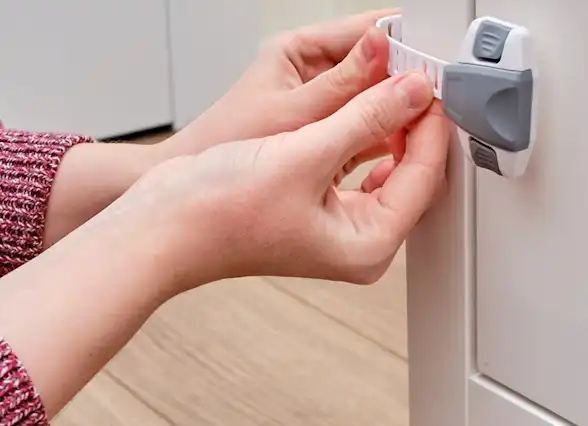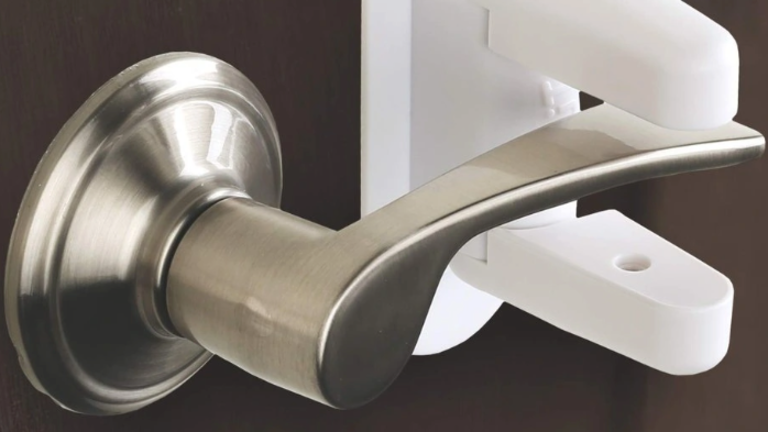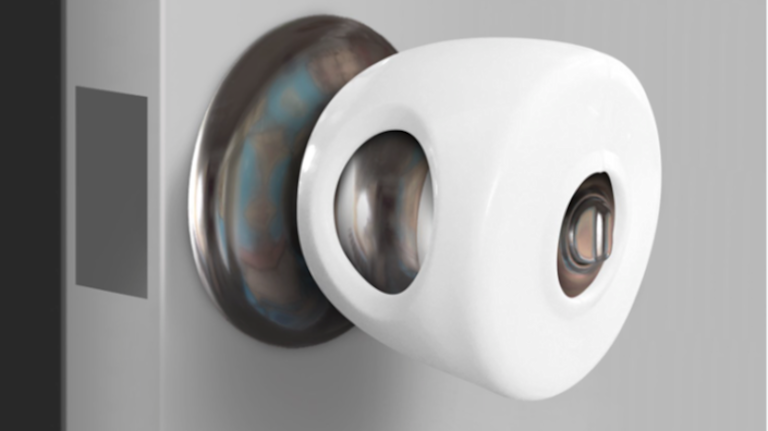Caregiving Challenges, Home Safety Measures
Home safety measures that can be implemented immediately, or later when needed, for your loved one aging in place (remaining at home).
Get insurance benefits, legal documents, and medical records in one place

Helpful Highlights
Many don't consider all the options available for helping their loved ones remain safe and independent in their home; you don't know what you don't know.
Many of the options are free or are quite inexpensive, and net valuable returns.
The earliest indication of a potential problem is a change in activity routines and behavior patterns. Many of these solutions monitor just that.
If your loved one is aging in place and has a chronic illness, mobility or functional issues, or has been diagnosed with dementia or Alzheimer’s, here are some things you can do to increase their safety at home. Some of the suggestions may be done immediately, or later when needed.
Activate neighborhood watch
Inform neighbors of your loved one's condition. Ask neighbors to inform you if they notice anything unusual or concerning, especially if your loved one is wandering outside. Unusual occurrences are breaks from one's normal behavior patterns, routines, or activities. For example, if your loved one enjoys a cup of tea on the porch in the afternoon but a neighbor notices that they have been sitting there for much longer than usual, encourage your neighbor to check on them and notify you.
Nanny cams or other video monitors
These may give you peace of mind by allowing you to “check-in” during your work day or any other time you are away. The ability to access a live monitor feed and observe that your loved one is safe while you are at work or away can decrease your stress level - and theirs. This is especially valuable when they are home alone.
Baby monitors can be helpful at night to alert you to wandering or a call for help. They can also be used if your loved one is sitting on the porch, or if you are outside when they are taking a midday nap.
Passive monitoring systems
Passive monitoring means there is no voice or video, which your loved one may find frightening or invasive and cause privacy concerns. Passive monitoring uses movement to detect, record, and report the opening/closing of doors (including the refrigerator!), number of bathroom visits, bathroom overstays, and nighttime activity, as well as lack of movement that could be indicative of a fall, illness or altered mental status, or other inability to move. Passive monitoring can also detect ambient temperature, indicating rises or drops in temperature and warning if the environment may be too warm or too cold.
Medication planners
Also called med-minders, pill planners, or pill boxes. These assist your loved one in taking their medications properly and give you insight as to whether they took their medications or missed taking them.
There are also electronic medication planners that will alert your loved one when it's time to take their medications and release them at that time. They can also help prevent doubling up on medications when your loved one cannot remember if they already took them. They also track missed doses (doses that were not retrieved from the dispenser at the alarm).
Doors and locks
Doors leading outside. Install deadbolts that lock with a key from the inside. You can lock the door to prevent your loved one from leaving the home. Hide a key close by in case of an emergency.
Door knob slipcovers and brackets. Designed for both round and handle-style door knobs, these come in a variety of configurations (more than pictured here). They are simple for you to work to gain access, but are tricky enough to keep your loved one from accessing a given room or going outside.


Bathroom and bedroom door handles. Flip existing door handles or install new door handles to prevent your loved one from locking themselves in and locking you out. You can flip existing handles, which puts the locking device on the outside of the door instead of inside the room, or replace the door handle altogether with a non-locking set (such as those used for closet doors).
Bathroom and bedroom doors. If space allows, rehang the door so it opens outward instead of into the room. If your loved one falls near or against the door, and the door opens into the room, you will not be able to push the door open to gain access to it. Likewise, with a door that opens outward, they may be able to reach the handle to let themselves out (giving them a better chance of crawling for help or being heard if they yell).
Install childproof locks in areas of concern. Many people with dementia are curious and may “play” with products that could harm them, much like toddlers do. Childproof locks work just as well for the elderly as they do for little ones.
Stop signs. Put a large, red “STOP” sign on doors leading outside or on doors to rooms that may be unsafe for them (office with electronic equipment, a teenager’s room).
Kitchen and bathroom safety
Put away appliances. Appliances with exposed coils or hot surfaces (toasters, toaster ovens, hot plates, curling irons) should be put away to eliminate the potential for burns or fires. Likewise, pull knobs off stoves, ovens, washers, and dryers to prevent your loved one from turning them on.
Secure knives and other sharp utensils. Use childproof locks for drawers and cabinets that contain knives and other sharp objects, or store them somewhere they can't be reached by your loved one. Do the same with chemicals.
Regulate hot water temperature. Adjust your water heater to a temperature that will prevent accidental burns or scalding (no more than 120 degrees F, 49 degrees C).
Keys
Put away keys for their safety and yours, especially car keys! Find a convenient location and secure it with a childproof lock, such as the inside of a cabinet door, or in a location they cannot reach.
Schedule phone calls
For loved ones who live alone or who are alone during the workday, schedule a morning call to check that they got up and moving safely, as well as an evening call for another safety check. A 2-minute call will be enjoyed and anticipated by your loved one, and because they receive daily or twice daily calls, the calls can be short and not time-consuming for you.
No content in this app, regardless of date, should ever be used as a substitute for direct medical advice from your doctor or other qualified clinician.
Get more support and guidance on insurance benefits, medical records and legal forms.
Helpful brings together your insurance benefits, legal documents, and medical records in one personalized place — so you always know what you have, and never have to search again.

Technology for Health Tasks. Mental Health for the Tough Stuff.
Helpful connects your medical records, insurance, and caregiving tasks automatically. And when you need more than logistics, a therapist is here to guide you.
In-Network and Covered
For Individuals, Couples and Families
HIPAA Compliant, Data Stays Private


Healthcare Tasks Simplified

From syncing records to spotting drug interactions, Helpful does the heavy lifting, turning complex health info into clear tasks and showing you benefits you can actually use, giving you clarity and control over your care.

In-Network Mental Health

Our licensed therapists are here to support you and your loved ones through stress, burnout, and life’s hardest moments, with an inclusive, compassionate approach that works with most insurance plans.

Create Legal Documents

Plan ahead by creating will, trusts, advance directives and more, that ensure your wishes are honored in the event you can’t speak for yourself -with Helpful guiding you every step of the way.